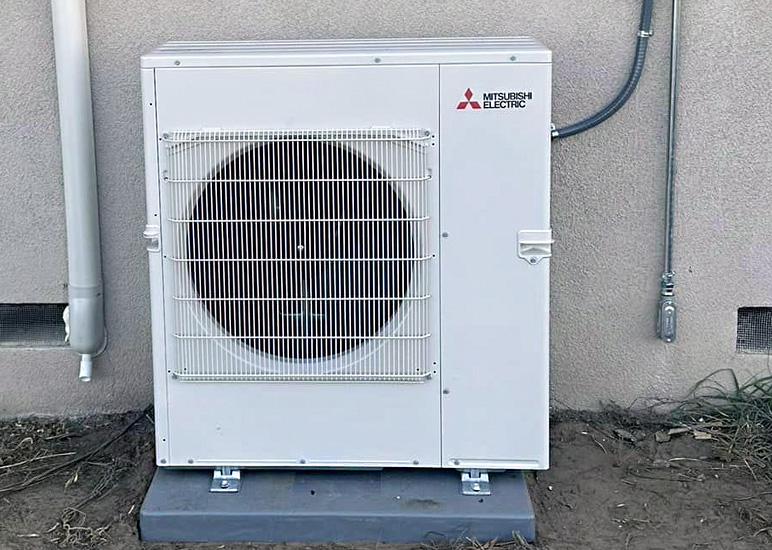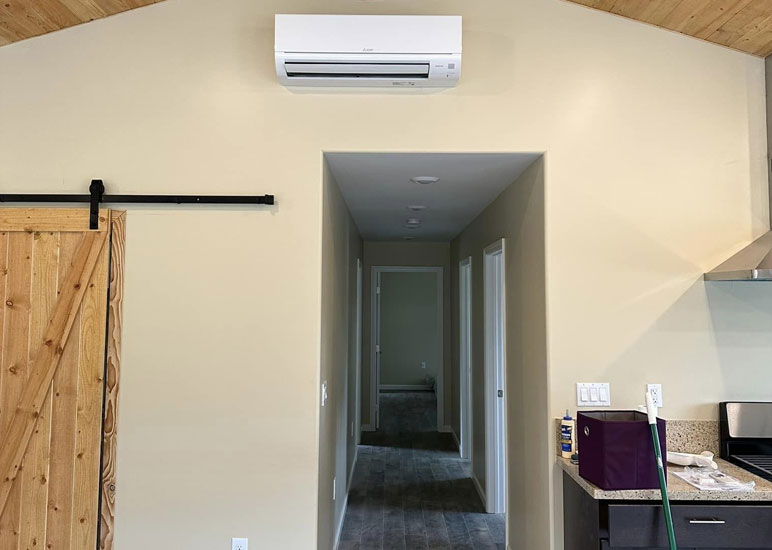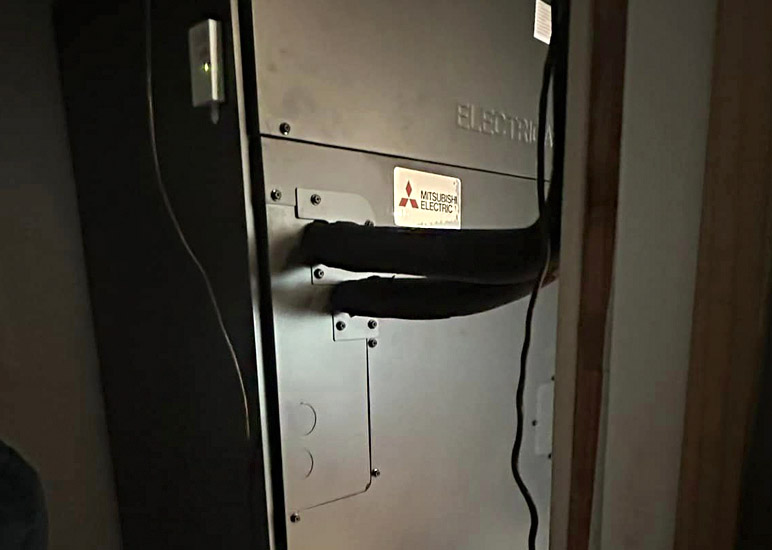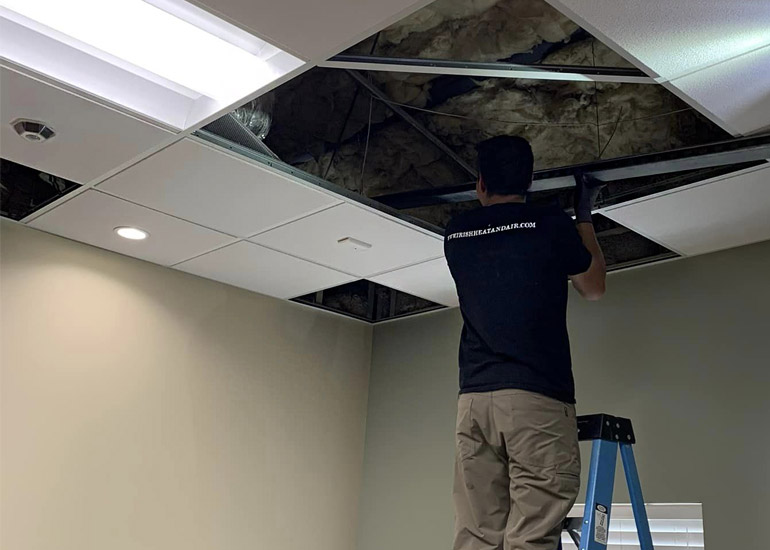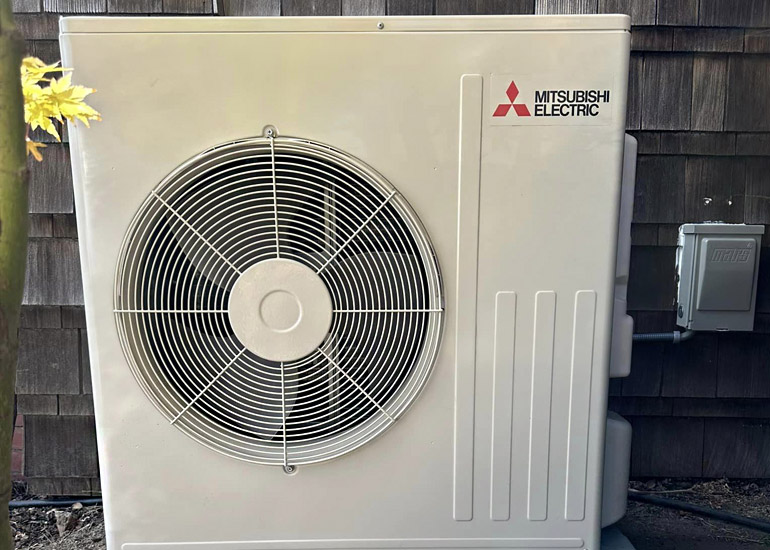 After you’ve made your offer on a home and had it accepted by the seller, you may be overwhelmed with joy. Buying a home is exciting! Does it seem like having a home inspection might take some of the wind out of your sails? It may be a little costly, but a home inspection is a vital part of buying a new home. Here’s why you should get a home inspection before you fully commit to the house.
After you’ve made your offer on a home and had it accepted by the seller, you may be overwhelmed with joy. Buying a home is exciting! Does it seem like having a home inspection might take some of the wind out of your sails? It may be a little costly, but a home inspection is a vital part of buying a new home. Here’s why you should get a home inspection before you fully commit to the house.
Find Major Issues
The most important reason to get a home inspection is to try to find any major issues that the home may have, so you can decide whether that issue is something you can fix or whether it’s a good enough reason not to buy the home at all. Your home inspector should look at:
- Foundation and grading
- Exterior walls
- Garage
- Roof
- Plumbing
- Electrical
- HVAC
- Fireplace
- Bathroom
- Kitchen
- Laundry room
- Interior walls
- Flooring
While the home inspector won’t cut into walls, remove shingles, or look inside the chimney, they are well-versed in external signs that something may be broken, damaged, or performing poorly.
Predict Future Costs
One of the little-known skills of a home inspector is estimating the future costs you’re likely to incur if you buy the home. For example, your home inspector should be able to tell you a bit about the condition of your furnace and whether you’re likely to spend a lot of money maintaining and repairing it, or whether it is new or has been kept in very good condition. They might even let you know if your furnace has a reusable filter, or whether you’ll need to buy replacements for reusable ones.
Assess Safety Issues
Home inspectors are generalists who know how to look for overall safety issues that your home might have. Here are some areas your home inspector may focus on, and some questions they can likely answer for you.
- Pests: Are there any signs of pest infestations in your home? These signs could include mammals and birds on the roof, termites in wood, ants in the pantry, and more.
- Gases: Does the home have a carbon monoxide alarm? Does it smell like gas?Has it been tested for radon? Your home inspector may be able to tell you all of these things.
- Lead:When was the last time the plumbing was updated, and could the pipes lead to lead poisoning?
- Mold: Are there signs of mold growth anywhere? If so, is it serious mold or something simple o take care of?
Reveal Building Code Violations
It’s hard for homeowners to learn about the hundreds of building codes that your new home could be in violation of. Home inspectors are well versed in them and are familiar with the ways that your home’s previous owner may have accidentally violated the codes. If the last homeowner has made changes without a permit or installed a new appliance that isn’t up to code, then you want to find that out before you inherit the problem.
Your Insurance
It’s also important to get a home inspection because your home insurance policy may require it. The inspection is useful for them to assess your coverage and premiums, just as it’s useful for you to feel secure in your new home.

